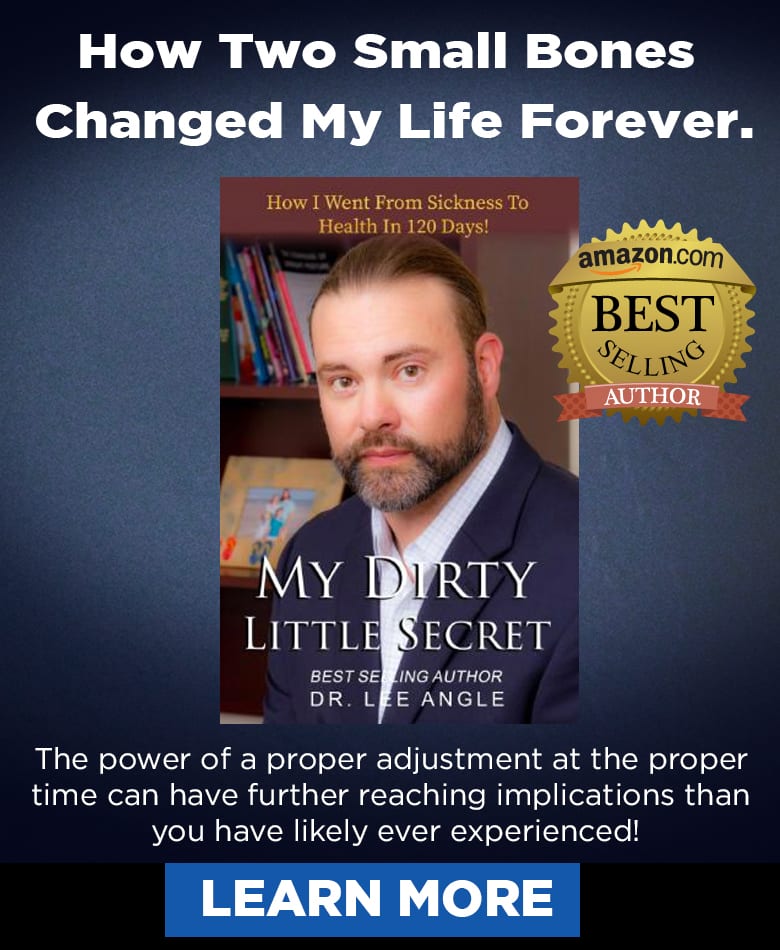The carpal tunnel is a small little area in the wrist, that serves as a tunnel for the median nerve. The median nerve travels down the arm and into the hand, delivering nerve messages to part of the forearm and hand. It allows us to make a fist, to move our thumb around, (among other movements) and supplies sensory functions to the same areas. If that tunnel gets smaller, and compresses the nerve, we are in trouble. In a carpal tunnel surgery, a ligament that crosses this area in the wrist is cut, in an effort to relieve the pressure. For some, this compression of the nerve at the wrist is the issue, and surgery is necessary.
In my case, and a great number of my patients, getting the surgery would have been a mistake. In my case, it turns out that a misalignment of the top two bones in my neck was compressing the median nerve as it was branching off from my brain stem, and it was causing carpal tunnel-like symptoms. It was actually not the ligament that crosses the carpal tunnel area in the wrist, and as such, the surgery would have been useless in fixing the issue.
The median nerve, like all nerves, branches off the spinal cord in the upper cervical area of the neck, then travels down the arm. Compression can happen at any point, and still result in the same symptoms. This is why I see patients that have had the decompression carpal tunnel surgery at the wrist, but unfortunately are still dealing with the symptoms.
Sometimes there is compression at both the wrist and in the upper neck, and this is called double crush syndrome. In these cases it may be necessary to have decompression surgery done in the wrist, but the compression in the neck must also be addressed to stop the burning and numbness symptoms. And sometimes, as was the case with me, the compression is just in the upper cervical neck area.
It has been over a decade since I had to put braces on my wrist, and it was all because I had the misalignment of the bones in my upper cervical neck corrected, and the pressure taken off of the median nerve. It makes sense to have the cervical spine checked before having surgery to ensure the surgery is even necessary. If it is, then so be it, but I would rather start at the least invasive place first, and I think most people agree with me.
We offer a free screening to find out if cervical compression is causing or at least contributing to your carpal tunnel pain. Call us at Upper Cervical Health Centers of Fort Myers for your free consultation today, 239-243-8810!




